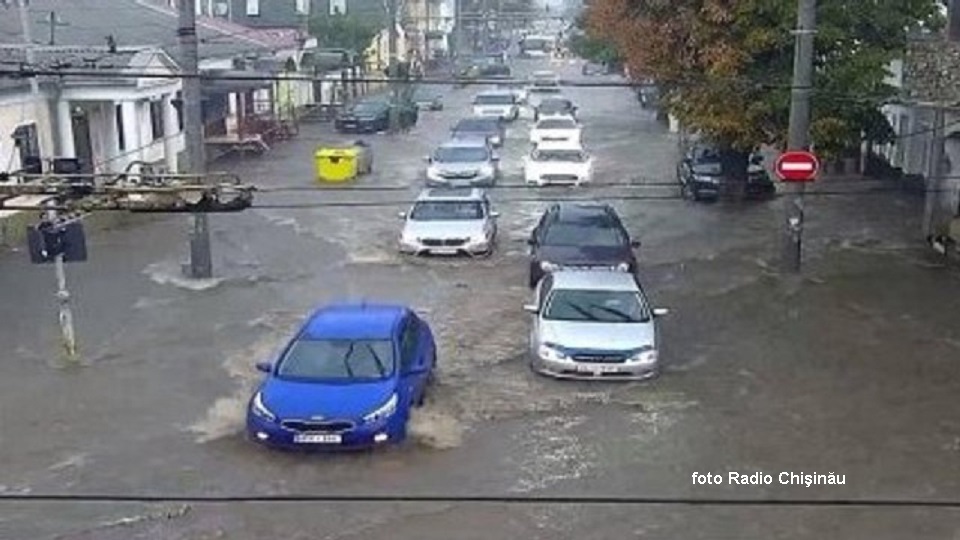Effects of floods in Europe
The devastating storm Boris, which has left behind thousands of stranded people and huge damage, difficult to estimate, has also caused several deaths in Central and Eastern Europe.

Mihai Pelin, 18.09.2024, 13:50
The storms that have affected Europe are now heading for Italy, where warnings of heavy rain, strong winds and flooding have been issued for much of the country. The warnings come in the context of rainfalls that have already ravaged parts of Poland, the Czech Republic, Romania and Austria this week, causing several deaths. Storm Boris brought heavy rain and snow at the weekend, forcing thousands of people to leave their homes, in some cases with the help of helicopters, after taking refuge on rooftops or on top of cars. A state of natural disaster has been declared in all these states, with hundreds of thousands of homes without electricity or water, roads cut off and rail transport disrupted. Although the weather conditions show signs of improvement in several areas, the soil remains saturated and the rivers continue to overflow, which led the authorities to ask the population to be cautious.
In Austria, many villages are still isolated. All in all, more than 33,000 interventions have been carried out since the beginning of the torrential rains and strong winds. In Vienna, four metro lines were partially closed, as were the city’s parks, due to the risk of falling trees. In the Czech Republic, over 60,000 homes do not have electricity, especially in the northeast. The water from the largest retention basin in the country, Rozmberk, located in the south, overflowed its banks. According to experts, these are the worst floods the region has seen since those in 2002 that affected Prague, Dresden and Vienna. The regions in the south-west of Poland were the most affected by the floods, on the border with the Czech Republic. In some localities, entire streets were covered by water. In the small town of Nysa, the waters flooded the district hospital, which had to be completely evacuated.
In Romania, the eastern part was the most seriously affected. More than 6 thousand households were flooded. Numerous teams from the Interior Ministry are in the affected areas with intervention vehicles and high-capacity pumps to remove the water and mud from the flooded houses. Tent camps were set up for the stranded people. Meanwhile, aid started being distributed and the Government allocated the first direct financial support for the affected population. The president of the European Commission, Ursula von der Leyen, sent a message of solidarity to the people affected by the floods and declared that they would benefit from support from the EU. The frequency of floods associated with heavy rain is expected to increase in Central and Western Europe, in a world facing warming of 1.5 degrees Celsius on average, experts warn. (LS)






























